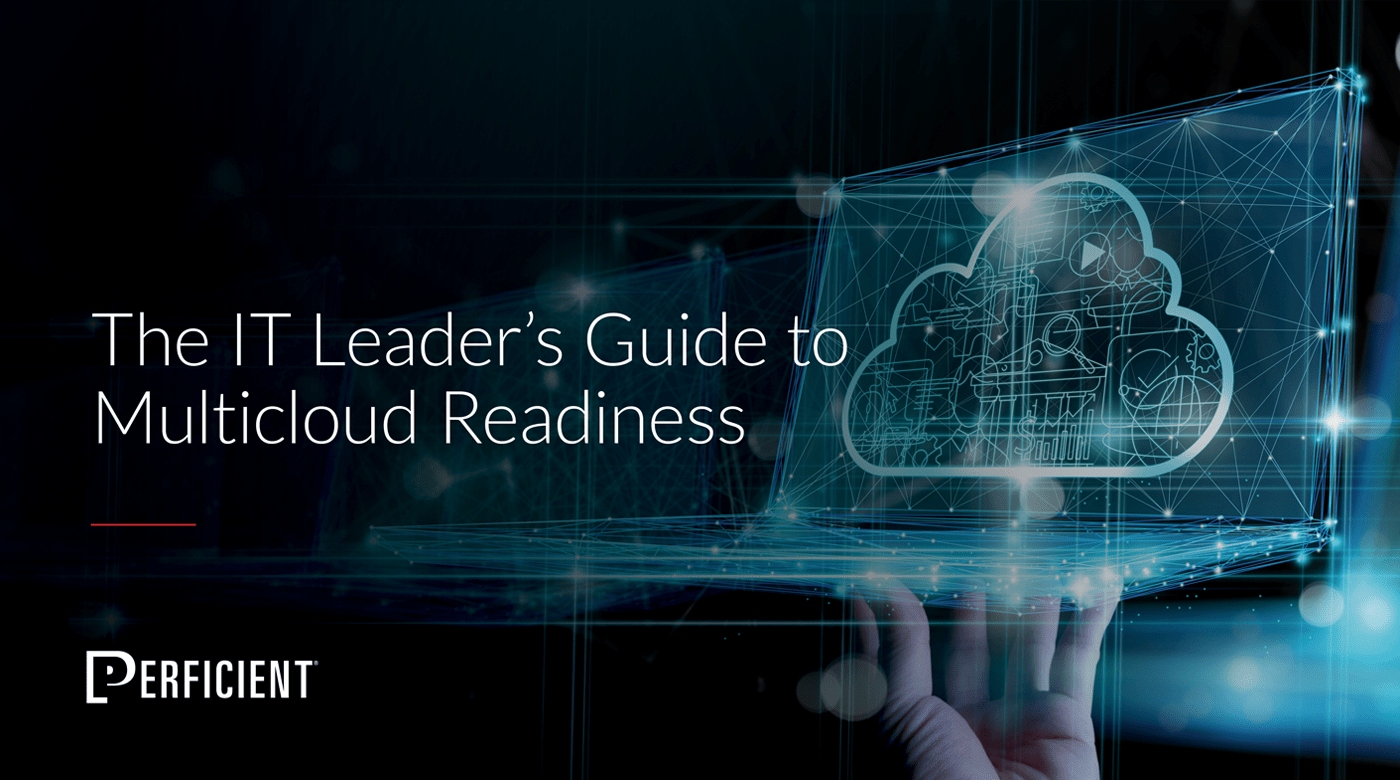The COVID-19 pandemic has challenged the economic and labor markets, impacting all businesses regardless of their size. Crisis response, maintaining safe and operational working conditions, mitigating supply chain disruptions, maintaining liquidity, and deftly responding to shifts in the market have emerged as key focus areas for all businesses.
Just as every enterprise has been required to be agile and adaptable through disruptions caused by the pandemic, the cloud has been relied upon to do the same. Cloud technologies have changed the way that enterprises deploy and integrate services, saving time and resources, and allowing them to hyperscale their services. Throughout 2020, the cloud has also proven critical for enabling remote workers access to necessary services, tools, and applications.
If your organization is looking to capitalize on cloud technology in 2021, here are a few trends to keep in mind.
The Public Cloud Market Will Surge
With many organizations planning or already engaged in some form of digital transformation, it is not surprising that the global public cloud infrastructure market is projected to grow 35% to $120 billion in 2021. For example, software-as-a-service (SaaS) enables applications to run on the provider’s servers over the internet, and it will likely remain the largest segment of the cloud market.
Cloud-Native Technology Will Power Digital Transformations
Both serverless computing and containers enable developers to build applications with less overhead and more flexibility than applications hosted on traditional servers or virtual machines. Forrester predicts that 25% of developers will use serverless functions and nearly 30% will use containers—an increase over the previous year of approximately 5 and 10 percentage points, respectively.
Serverless functions eliminate the need for server software and hardware management, allowing developers to focus on optimizing application code. Alternatively, containers are appealing for their consistent runtime environment, portability, and ability to improve CPU and memory utilization of physical machines.
Enterprises Will Begin to Favor Cloud Disaster Recovery
Instead of relying on on-premises infrastructure to backup workloads, a cloud disaster recovery plan backs up data, applications, and other resources to the cloud. In the event of a disaster, data can later be restored to their original locations. On-premise disaster recovery for applications and infrastructure will become increasingly less common as businesses who have struggled with shifting towards a remote workforce will adopt cloud-based disaster recovery. In the previously cited article, it is projected that an additional 20% of enterprises will prepare for IT workload disruptions by protecting data in the public cloud.
Cloud Computing will be Increasingly Regulated
Due to high-profile security breaches and a growing number of products and services procured by businesses and governmental entities that utilize the cloud, it is anticipated that new regulations will restrict how and where companies can store data in the cloud. It is possible that countries will enact data protection legislation similar to the European Union’s General Data Protection Regulation (GDPR) in order to increase control of personally identifiable information data and protect consumer privacy.
Cloud Marketplace Usage will Increase
Marketplaces, which are online storefronts that allows customers to shop for software and DevOps tools by vendor, pricing plan and delivery model, are becoming increasingly popular although their usage and percentage of total spend on technology remains relatively low. , but it’s predicted that marketplace usage will triple in 2021, according to Forrester. In order to capitalize on projected increases, marketplaces will have to expand offerings, standardize contracts and billing terms, and simplify multi-vendor management.
Want to learn more about how you can leverage the cloud to make your business more resilient?
Despite this year’s challenges, it is essential that you continue to drive your operations forward and deliver experiences that your customers need. Learn more about how the cloud can exceed the demands of innovation, business velocity, data security, data management, and more by downloading our guide.

